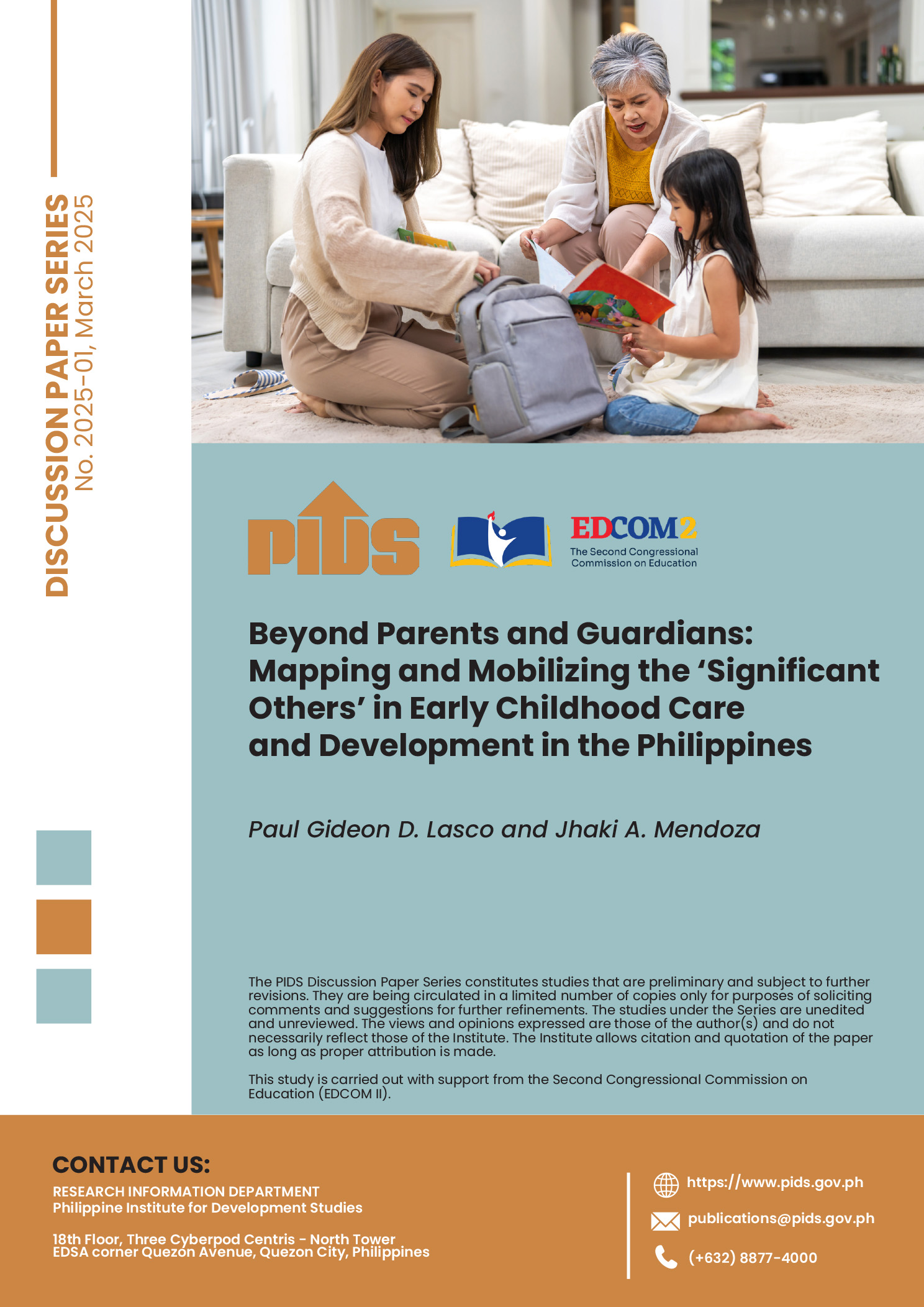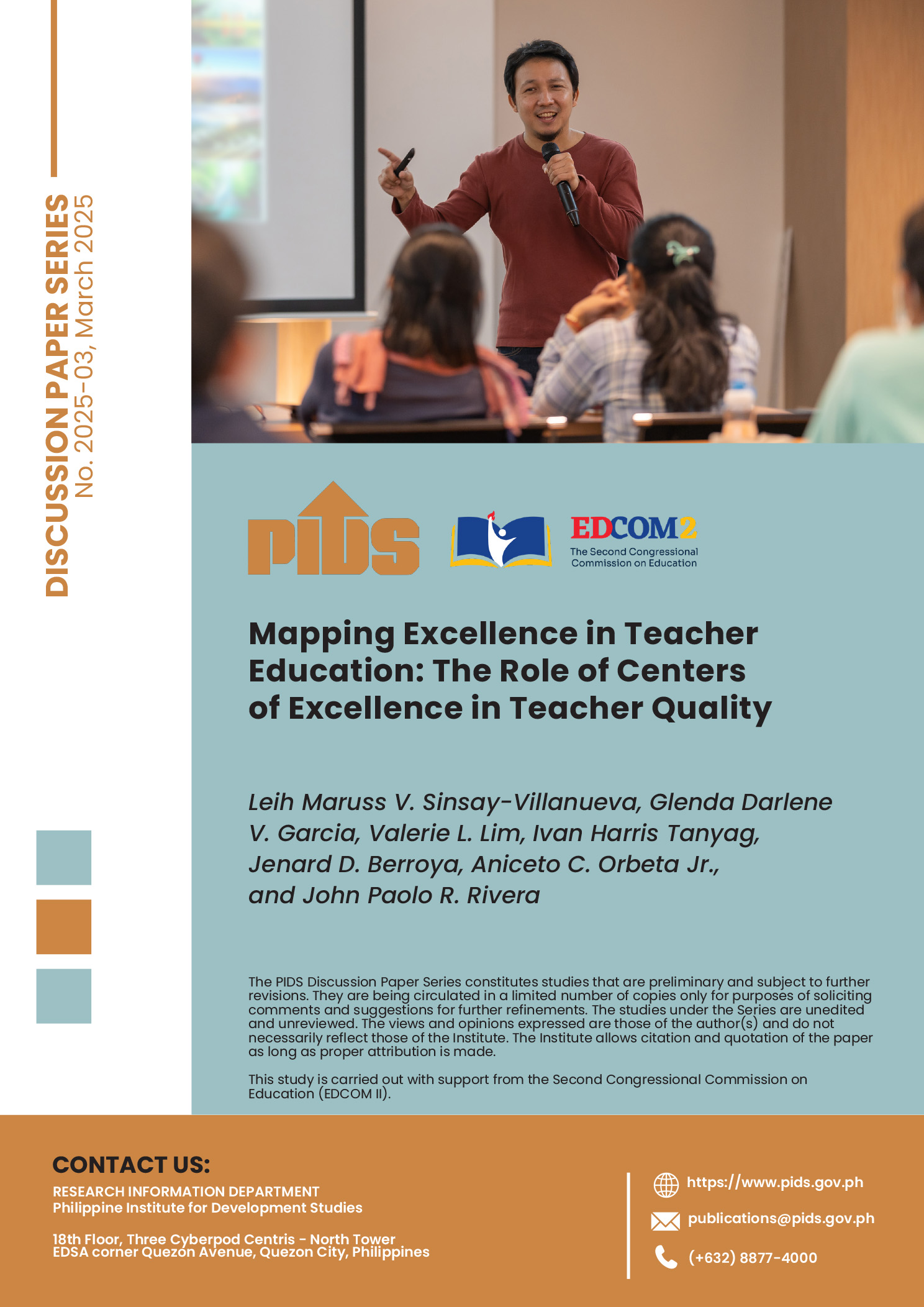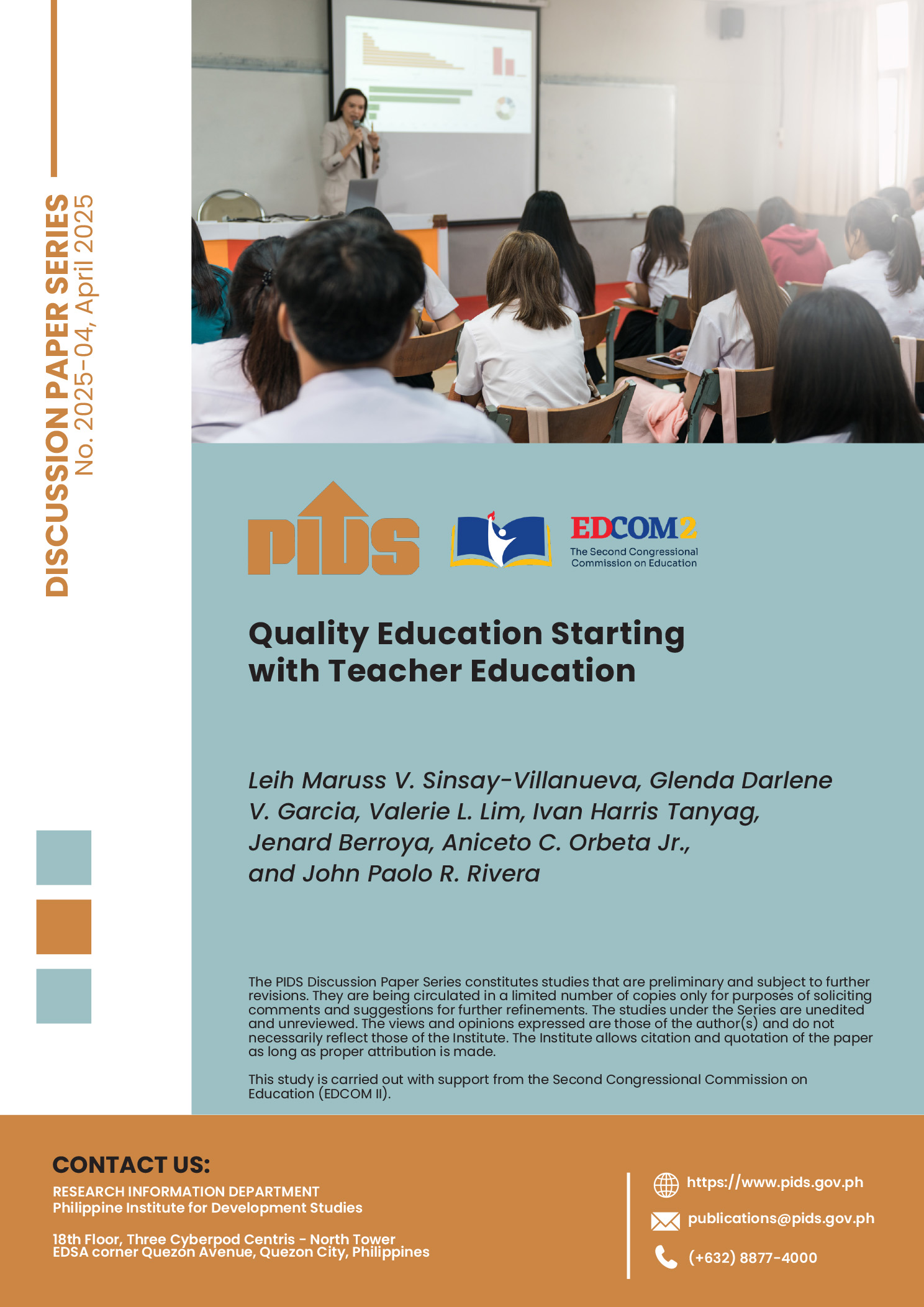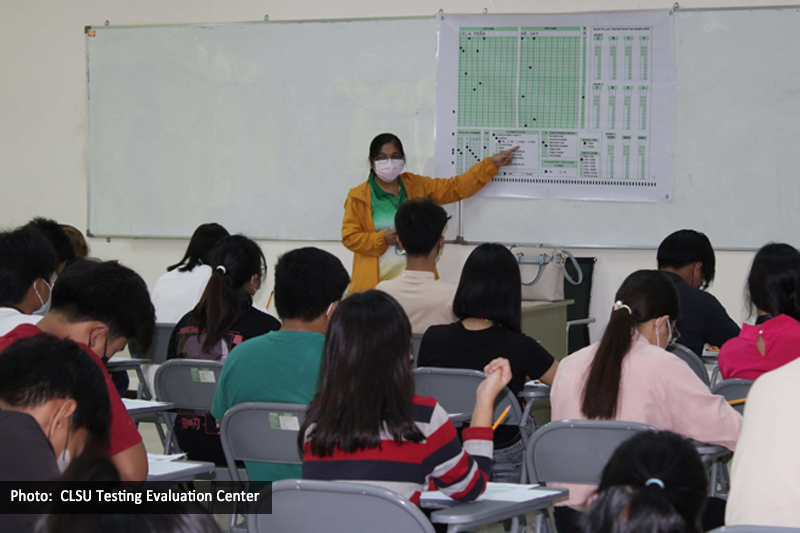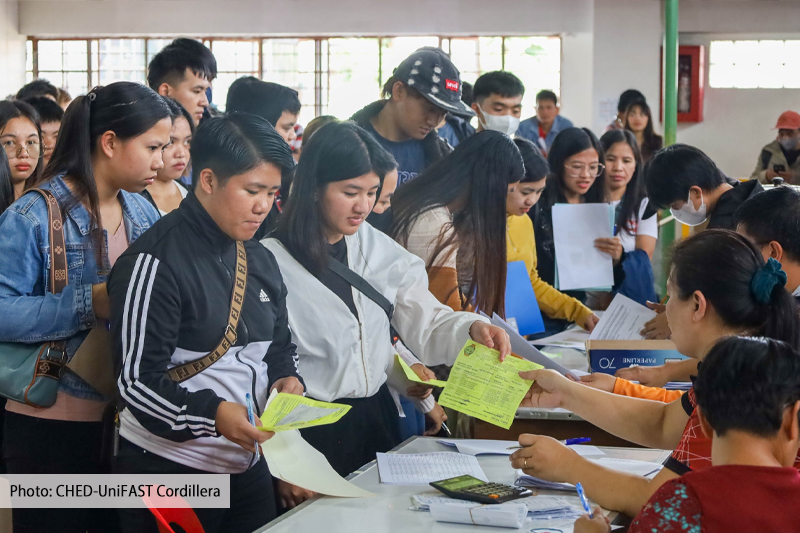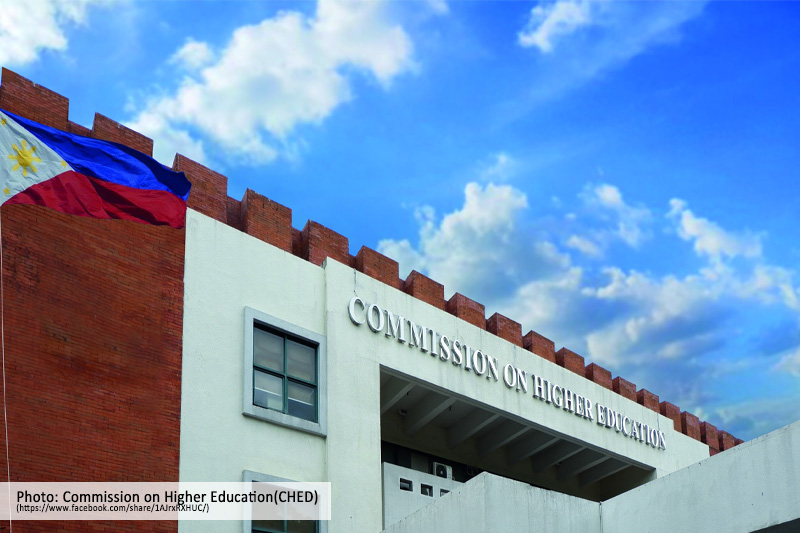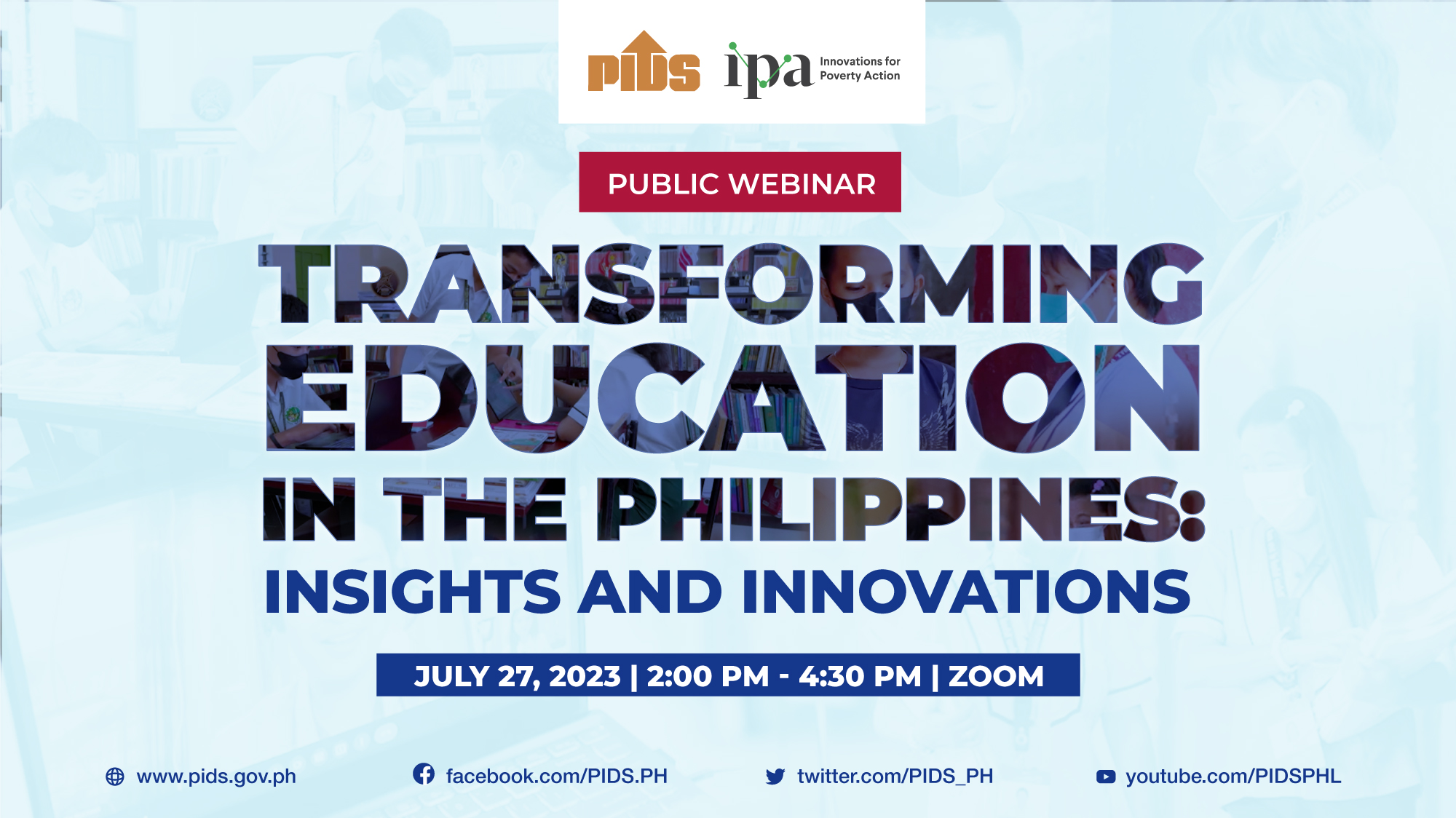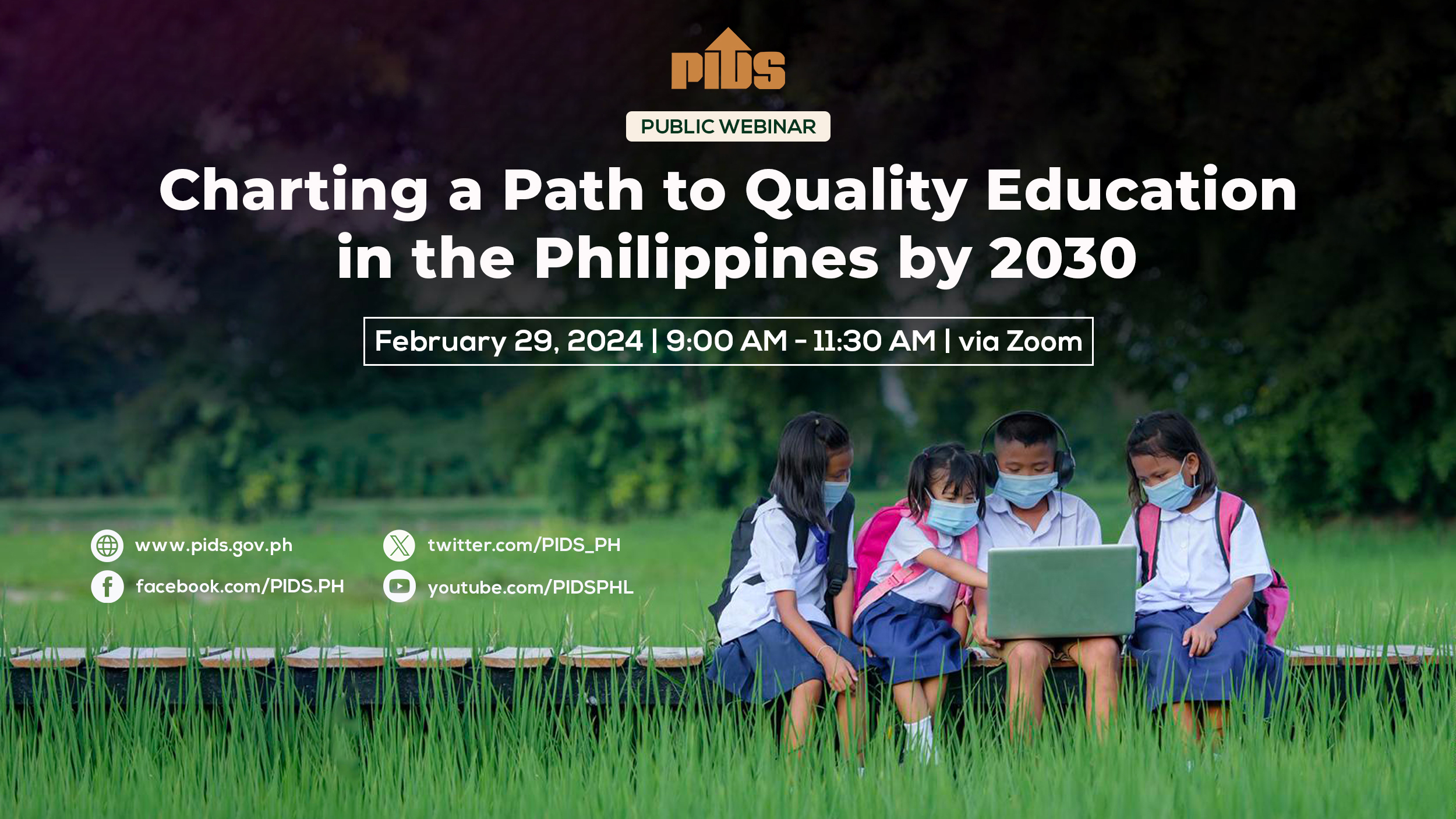To address challenges in quality learning in the country, the Second Congressional Commission on Education (EDCOM 2) underscored the need for a coordinated approach to all interventions in teacher education.
In a statement issued on Thursday, June 6, EDCOM 2 said it discussed with the World Bank the urgent need to invest in quality teacher education and actions to address prevailing concerns about pre-service teacher programs in the country, including quality assurance.
Investing in teacher education in the country was among the topics discussed during an event organized in collaboration with the Philippine Institute for Development Studies, Philippine Business for Education, and the World Bank Philippine Country Office on June 5.
“Quality learning is contingent upon quality teaching,” said EDCOM 2 Commissioner Senator Koko Pimentel during the online symposium on teacher education.
“If we can spend billions on missiles and submarines, why don’t we spend on this program for teacher education?” he added.
EDCOM 2 Co-chairperson Congressman Roman Romulo, Philippine Institute for Development Studies (PIDS) President Dr. Ancieto Orbeta, Jr., EDCOM 2 Standing Committee Members Dr. Jennie Jocson and Dr. Mel Oracion were also present at the symposium.
Department of Education (DepEd) officials, led by Teacher Education Council Executive Director Runvi Manguera, and DepEd Directors Jennifer Lopez and Leila Areola, were also in attendance.
Serious challenges
Orbeta explained that teacher education and development in the Philippines “faces serious challenges,” including underperforming teacher education institutions (TEIs).
“This fact is exemplified by the very low passing rates in professional board examinations, which are lower than those of other professions,” Orbeta said. “Such statistics underscore the urgent need for reform and improvement in our TEIs to ensure they produce highly competent and effective teachers critical for student learning,” he added.
Citing data, EDCOM 2 noted that performance in teacher licensure examinations has been “dismal,” hovering at an average passing rate of 33 percent for elementary education and 40 percent for secondary education.
“What is worse is that based on our analysis, between 2012 to 2022, many higher education institutions (HEIs) or teacher education providers— 77 offering Bachelor of Elementary Education and 105 offering Bachelor of Secondary Education— continued to operate despite having zero passing rates,” EDCOM II Executive Director Karol Mark Yee said.
“This calls for improved quality assurance among our HEIs,” he added.
Yee also shared EDCOM 2’s findings on the misalignments in pre-service training and in-service subjects taught.
These include instances where sample hiring posts do not include the specializations needed by schools, and teachers may be assigned to teach subjects they did not specialize in during pre-service.
“On top of these challenges, our schools do not have a formal mechanism to report their specific teaching staff needs, with current practices in determining teacher plantilla positions not considering the specific teacher specialization requirements of schools,” Yee added.
Strengthening teacher education
Meanwhile, education specialists from the World Bank shared the range of support needed to strengthen the teaching profession and make it more sustainable.
This would include initiatives to attract future teachers, high-quality initial teacher education offering multiple pathways, systems for hiring and deployment, induction, and in-service programs for continuous professional development and leadership, and flexible career pathways.
The experts further emphasized the importance of investing in pre-service training, which will enable teachers to have strong foundational knowledge and skills for effective professional development.
An important part of pre-service programs is practice-based training; these experiential learning courses are crucial as they allow students to develop their pedagogical skills and provide teachers with experience managing classes and interacting with learners.
However, in the Philippines, the Commission on Higher Education (CHED) Policies, Standards, and Guidelines require only a minimum of six Field Studies units and six Practice Teaching or Teaching Internship units.
The World Bank pointed out that the practicum in the Philippines is “too short” and that there is at least a six-month practicum for prospective primary and secondary teachers in some of the top-performing countries like Finland and China.
“Perhaps we can be more deliberate in integrating the different components of the teacher preparation program,” said EDCOM 2 Standing Committee Member Dr. Mel Oracion.
Emphasizing the need for a coordinated approach to all interventions in teacher education, Oracion cited that in pre-service, for instance, the different courses can also be recognized.
“We have courses for pedagogy, but the strategies may not necessarily be targeted to specific disciplines,” Oracion said.
One of the best practices the group is eager to further explore is implementing a mentor-teacher program. The proposal is to assess the performance of teachers and identify those who can potentially mentor their fellow teachers, especially the new ones.
Pimentel, for his part, mentioned the need for a “budget” to support this proposed initiative so that incentives can be provided to volunteer teachers who are objectively assessed to become mentors.
Moreover, the World Bank Education Specialists also shared various models and approaches to ensure the quality of both institutions/programs and TEI entrants.
EDCOM 2, on the other hand, expressed its commitment to studying these recommendations further and integrating them into the assessments.

